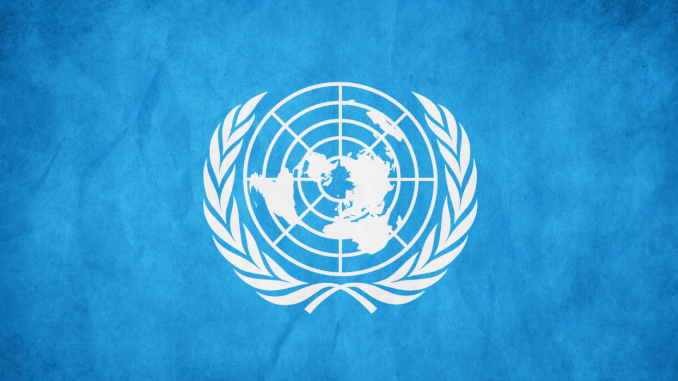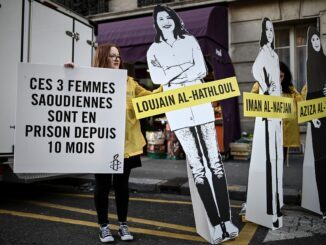
Since 2013, international human rights groups have criticised Abdel Fattah al-Sisi’s government for cracking down on secular and left-wing activists, as well as Islamists close to the banned Muslim Brotherhood.
Again, the UN rights office warned on Tuesday of a “renewed campaign of arrests, interrogations, and detentions of activists, bloggers, and journalists in Egypt” in recent weeks.
Egypt’s crackdown on activists, journalists and bloggers continues to escalate as Abdel Fattah Al-Sisi begins his second term, said the U.N. High Commissioner for Human Rights (OHCHR).
Ravina Shamdasani spokeswoman told reporters in Geneva, this “appears to indicate a significant escalation in the crackdown against the rights to freedom of expression, association, and assembly in the country.”
She said a long line of prominent bloggers, journalists, lawyers, and activists were among those who had been detained in the weeks since Egypt’s General Prosecutor in February ordered prosecutors to monitor social media sites that “spread lies and fake news”.
The growing crackdown also coincided with March elections that gave Sisi an official 97 percent of the vote. He was sworn in for his second four-year term last Saturday, though the election was widely seen as a farce. All other political contenders were either arrested, sidelined or withdrew.
Personalities involved in the January 2011 popular uprising that brought down president Hosni Mubarak are among those who have been detained, including blogger and journalist Wael Abbas and Shadi Ghazali Harb one of the youth leaders during the 2011 revolution.
In many of the recent cases, those arrested were not presented with a warrant, the UN said.
Shamdasani said,”We are extremely concerned that arrests like this, often followed by harsh sentences, and often for simply exercising the rights to freedom of opinion, expression, and assembly, have become commonplace.”
“Arbitrary detention has become a chronic problem in Egypt.”
She stressed that the cases she was raising were only the “prominent cases … which have come to the attention of the United Nations. Certainly, there must be many other cases.”
The UN rights office, she said, is calling on authorities in Cairo “to fully ensure the rights of all detainees to their physical and psychological integrity, and to due process”.
She also called for “the immediate and unconditional release of all those currently being held by the Egyptian authorities for the legitimate exercise of their human rights”.



